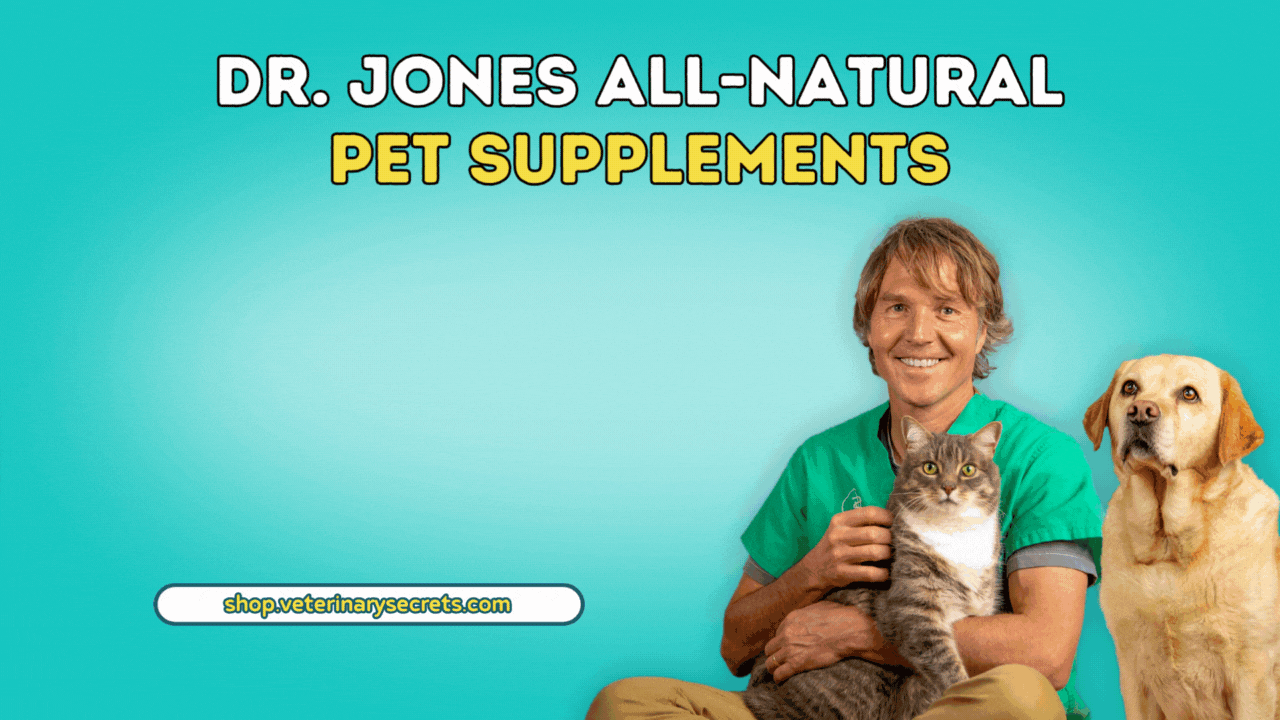Scooting dog, fishy smell and Pain

Meaning when you are a new veterinary graduate, working in a busy practice, they let you express of the smelly anal glands…
I am going to show you what to do at home to prevent this, treat and, and a DIY ‘fishy’ dog smell deodorizer.
One supplement that I saw to help some dogs in practice were probiotics, along with enzyme supplements.
If you have a dog with a recurring Anal gland problem, or any ongoing digestive disorder, you should consider trying them.
Promote Gut Health Naturally with Dr. Jones’ Complete Digestive Care Soft Chews
Dr Jones’ COMPLETE Digestive Care Soft Chews


What Are Anal Glands in Dogs?
As a veterinarian, I often get questions about one of the less glamorous aspects of dog health—anal glands. These are two small pouches located internally at the four o’clock and eight o’clock positions around your dog’s anus. Each sac is lined with sebaceous glands, commonly known as anal glands, which secrete a foul-smelling liquid often described as ‘fishy.’ This liquid is what we call the scent gland, and every time your dog defecates, some of this is released, giving each dog a unique scent that helps them mark their territory and identify each other. Yes, it’s all about the smell!
Why Do Dogs’ Anal Glands Need to Be Expressed?
At times, the duct from the anal gland to the anus becomes obstructed due to inflammation. This can cause the anal gland liquid to become thicker, making it harder for your dog to naturally express it.
When dogs can’t properly empty their anal glands, several issues can arise, such as:
- Anal Gland Impaction: When the anal gland fluid is abnormal or can’t exit, it builds up, leading to pressure and inflammation.
- Anal Gland Infections: If left untreated, an impaction can turn into an infection. Bacteria from the anal area can also travel down the canal and cause an infection.
- Anal Gland Rupture: In severe cases, an infection can cause the gland to rupture, creating an open wound that leaks anal gland secretions, blood, or pus.
- Anal Gland Tumors: Occasionally, dogs may develop anal gland cancer, which could spread to other parts of the body.
Nurture Your Pet’s Health the Natural Way with Dr. Jones’ All-Natural Solutions

Symptoms of Anal Gland Problems
If your dog is having anal gland issues, you may notice:
- Scooting: Dragging their bum on the carpet
- A fishy odor in areas your dog frequently lies
- Swelling or a bump near the anus
- Red, irritated skin around the anus
- Brown or red discharge leaking from the anal glands
- Licking around the base of the tail
- Straining to defecate
- Crying during bowel movements
- Suddenly sitting down repeatedly
What Can You Do at Home to Prevent and Treat This?
If your dog is defecating normally and there’s no visible redness, swelling, or infection, expressing the glands at home is an option. However, if you’re uncertain, I recommend visiting your vet.
How to Express the Glands at Home:
- Start by taking your pet to the bathtub and clean their bottom with lukewarm water.
- Wear latex gloves and lift your dog’s tail.
- Hold a paper towel behind the anus.
- Using your thumb and forefinger, apply pressure at the four o’clock and eight o’clock positions on the anus.
- If nothing comes out, adjust your angle and try again. A brownish, foul-smelling fluid should come out.
- Alternatively, you can squeeze directly over the glands.
Promote Gut Health Naturally with Dr. Jones’ Complete Digestive Care Soft Chews
Dr Jones’ COMPLETE Digestive Care Soft Chews

Home Remedies for Anal Gland Care
-
Warm Compress: Soak a washcloth in Epsom salts and warm water. Hold it to your dog’s bottom for five minutes, twice a day. If your dog allows, gently press on the glands while compressing to help them drain.
-
Increase Fiber: Adding fiber can naturally help empty the anal glands by increasing stool volume. Good fiber sources include ground flaxseed (1 tsp per cup of food), Metamucil (1 tsp per 10 lbs of body weight), oat bran (1 tsp per 10 lbs), carrots (? cup per 10 lbs), and pumpkin (1 tbsp per day, especially great for cats).
-
Exercise: Regular exercise helps stimulate natural expression of the glands. Aim for at least 15 minutes twice a day.
-
Probiotics: These help restore natural gut bacteria and improve intestinal health. I highly recommend a high-quality probiotic, like the one in my supplement line.
-
Allergy Management: Allergies can cause inflammation that blocks the ducts. Some dogs benefit from enzyme supplements to prevent this.
When to Call the Vet
If your dog’s glands remain obstructed or appear abscessed despite your efforts, call your vet. In some cases, your dog may need antibiotics or surgery.
DIY Doggy Deodorizer (For That Fishy Smell)
If your dog has that ‘fishy’ smell, a natural deodorizer can help.
- Water: ½ cup
- Apple Cider Vinegar: 2 tablespoons
- Castile Soap: 1 teaspoon
- Lavender Oil: 10 drops
Expressing anal glands may not be the most pleasant task, but it can prevent further complications and keep your dog comfortable. This is one of the easier veterinary procedures to learn, and your dog will appreciate not having to go to the vet for it!
If you’re dealing with chronic anal gland issues, you might also consider digestive enzymes. Our Complete Digestive Care Soft Chews have helped many dogs with this problem.
P.S. Give it a try—your dog will thank you for it!



Hi Dr Andrew what if the anal gland is ruptured I have to wait until the next day to take my baby.
Here are some helpful tips:
Prevent Licking: Use an Elizabethan collar (cone) to prevent your dog from licking or biting the affected area, which can introduce bacteria and worsen the condition.
Clean the Area: Gently clean the area with warm, diluted saline solution or a mild antiseptic recommended by your vet. Avoid using harsh chemicals that could irritate the skin.
Apply Warm Compresses: Apply a warm, damp cloth to the affected area for 5–10 minutes, 2–3 times a day. This can help reduce swelling and promote drainage .
Petco
Monitor for Signs of Infection: Watch for increased redness, swelling, foul odor, or discharge. If these occur, it’s crucial to seek veterinary care promptly.